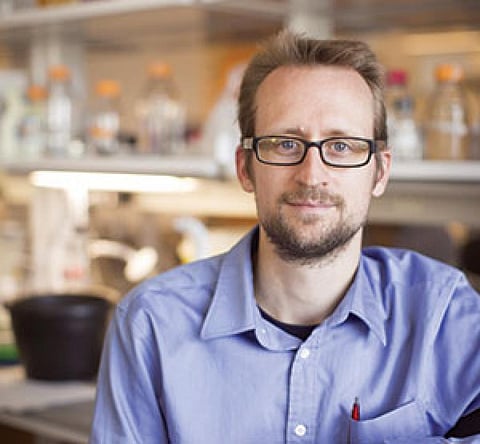

On how antibiotics alter gut bacteria
Broad spectrum antibiotics suppress microbial growth in the gut. Since our gut microbes play an important part in digestion, this reduction in microbial numbers can cause digestive problems like diarrhoea. Also, the microbial community in the healthy gut is well-balanced, but the use of antibiotics affects some microbes more than others and disturbs the balance.
Another side-effect is that antibiotics reduce the protective effect of the native microbiota. Normal gut bacteria help exclude dangerous bacteria (pathogens) from the gut by filling up the“niches” or the micro-environment that permits the growth of bacteria.
If you kill of the bacteria in the gut, you open up more niches for pathogens to grow. A study has shown that the ability of the microbiota to recover from antibiotics differs between individuals (humans) and also between individual groups of bacteria.
In some cases, the changes can be long-term. The consequences of such long-term alterations are poorly understood.
On how antibiotic resistance can be handled
It is literally a life-threatening issue. Antibiotic resistance is rising and there are some bacterial pathogens that are resistant to all available antibiotics — patients infected with such bacteria sometimes have little hope of recovery.
This is especially dangerous since antibiotics are not only used to fight infections when you are ill, but also are essential for invasive procedures like surgery, chemotherapy and, for example, bone marrow transplants.
For the last two procedures, antibiotics are given prophylactically because the immune system is damaged (chemotherapy) or suppressed to allow for transplantation (bone marrow). These procedures only work if, in the absence of the immune system, antibiotics can protect these patients.
Antibiotic resistance is a very difficult problem to handle, and it requires collaboration of a wide variety of people.
On how to improve gut microflora
One of the most drastic consequences of realising that the microbiota plays an important role in gut health (especially after antibiotic exposure) is the ability to restore a “good” microbiota composition using fecal transplants — the transfer of fecal material from healthy patients to somebody with a disturbed microbiota. This practice has shown some positive results, but there are still challenges that have to be overcome.
This was first published in Down To Earth's print edition (dated 16-31 January, 2020)